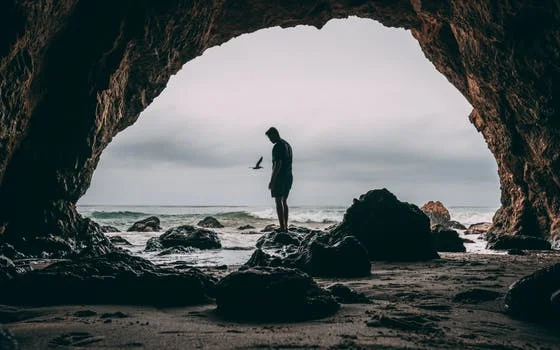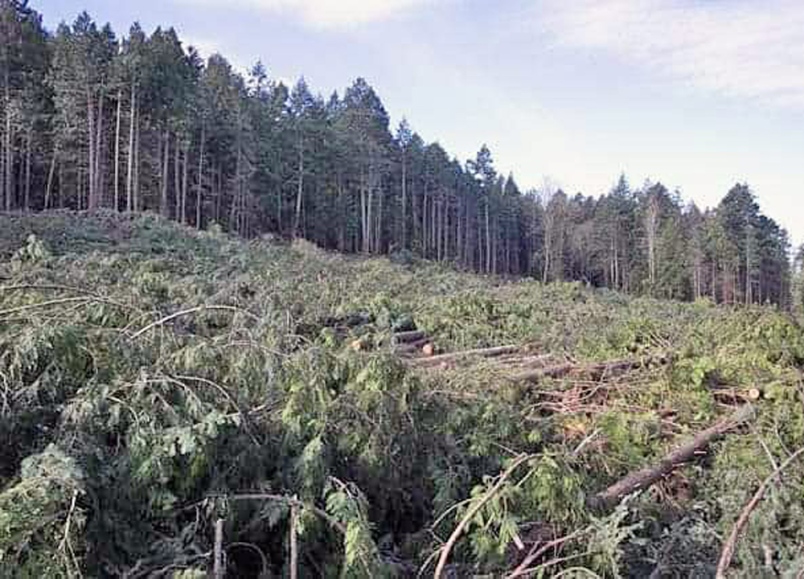I’m a worrier. I worry about social injustice, climate change, animal cruelty, racism, child poverty…the list goes on.
One of these issues seems to crop up in every book I write, either directly or indirectly.
The basic premise of His Land, His Law was inspired by days of wonderful hiking in the forests of Salt Spring Island (one of Canada’s Gulf Islands). His Land, His Law is about competing claims on an important tract of forest. Both of the main characters have indigenous roots (Luke is 1/8th Tsawout and Cara is 1/8th Inuit). She wants to save the forest, he wants to reap the material wealth that would come with its destruction.
When they confront each other, there is major conflict which, of course, is resolved by the end of the book.
One of my main pleasures in writing is being able to give stories a Happily Ever After (HEA) ending. You know, the thing that happens far too infrequently in real-life.
The Gulf Islands have seen many chainsaw conflicts. Now, four and half months after the release of His Land, His Law, a new one has arisen:
First Nations at odds over logging of reserve land on Saturna Island.
As the article concludes, the decisions about whether to log or not are never easy, like a lot of environmental and social issues. Economics and preservation will always be at odds.
That doesn’t mean we should hide from the hard choices. So I touch on them gently in my novels, in the hope that visualizing a HEA might be one step closer to finding one.
What do you worry about? If you could have a single HEA today, what would it look, smell, and taste like?



